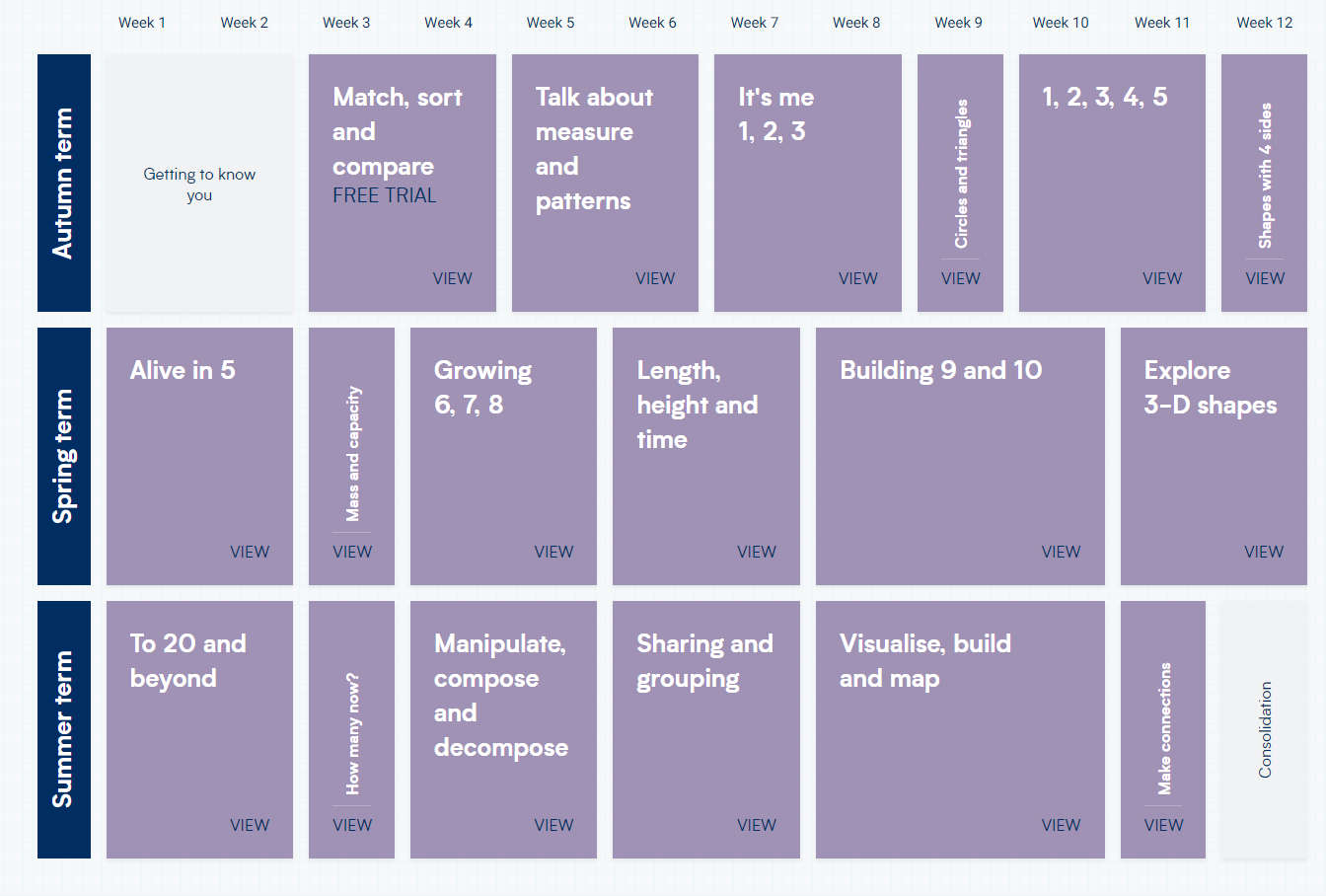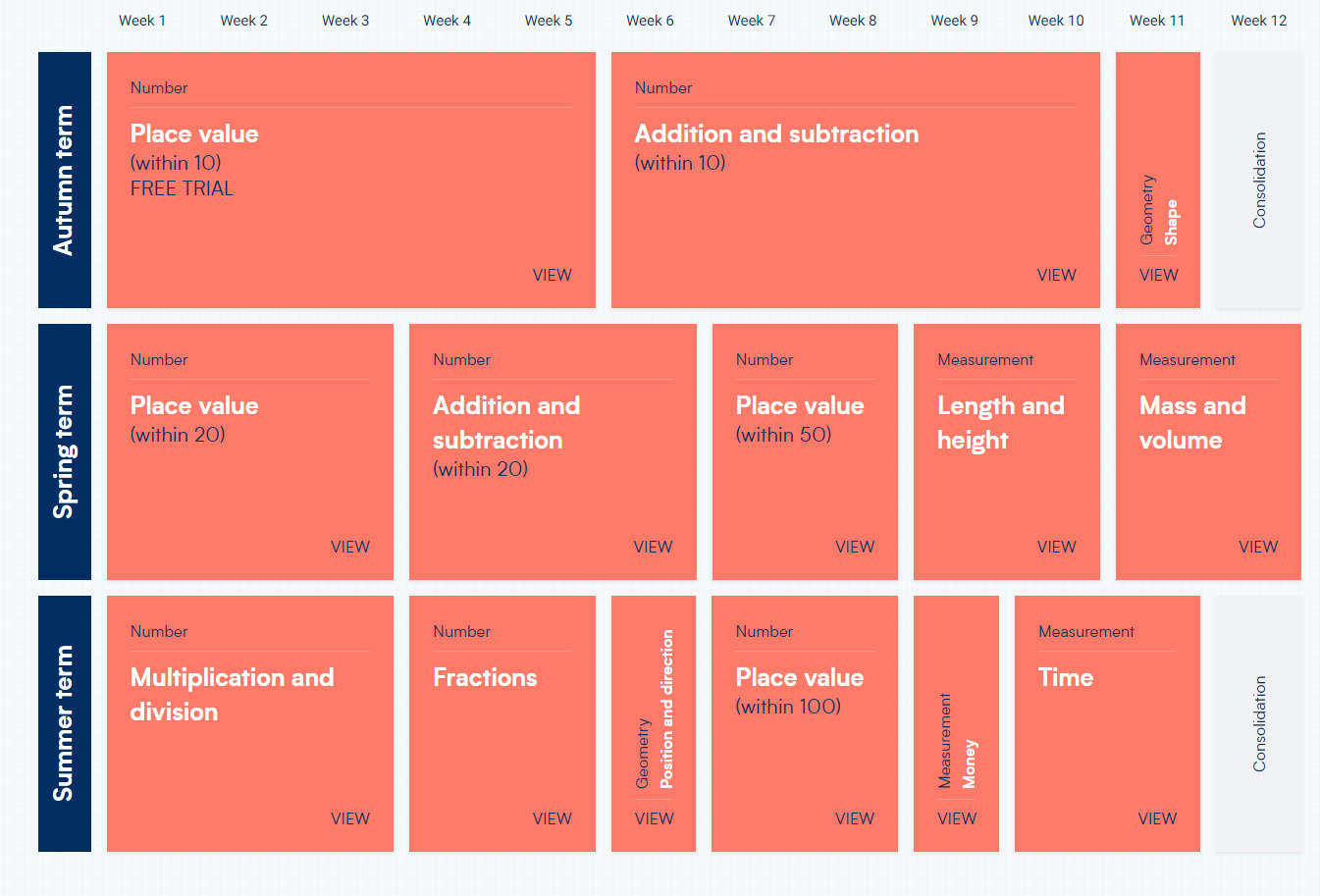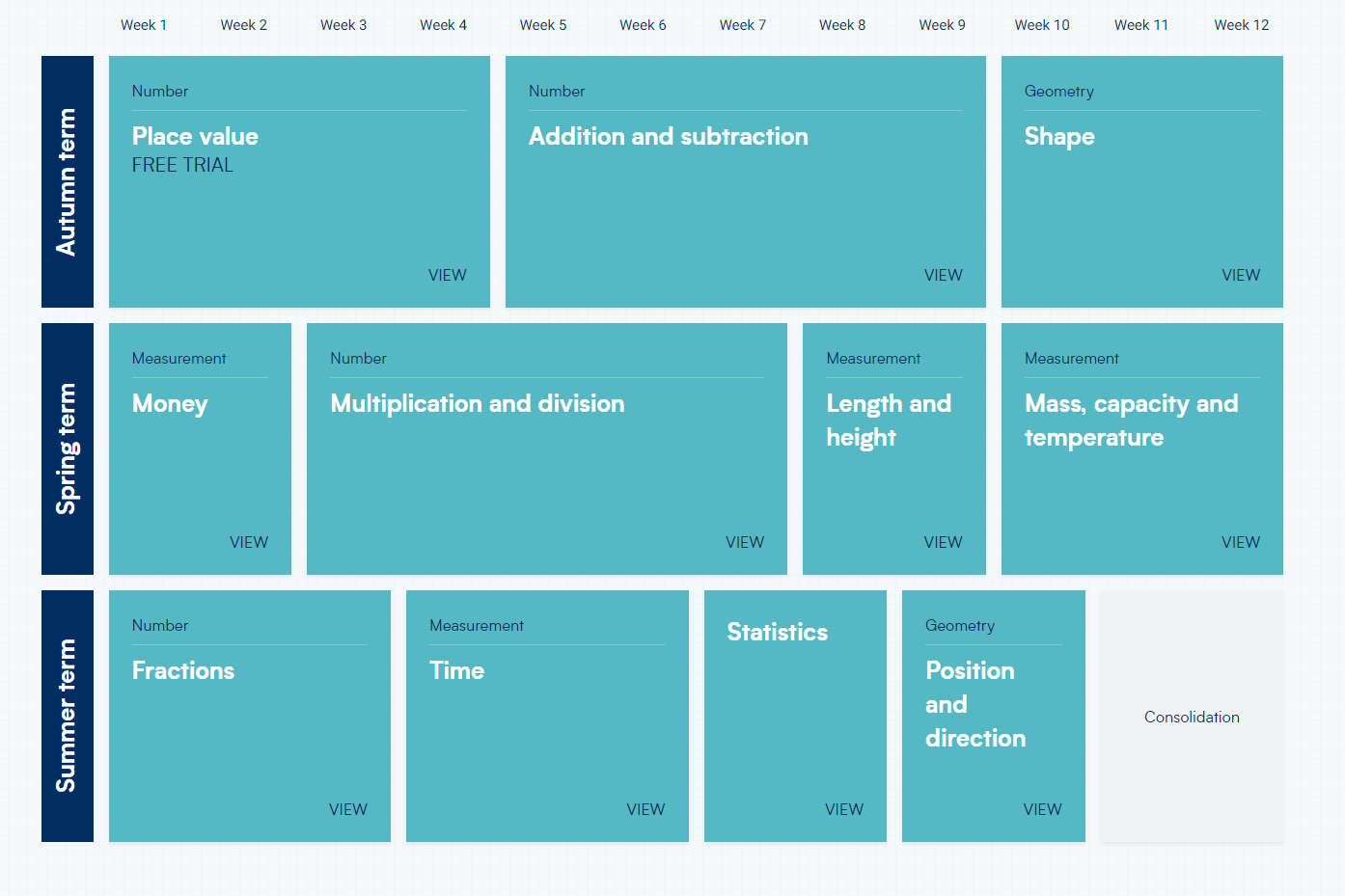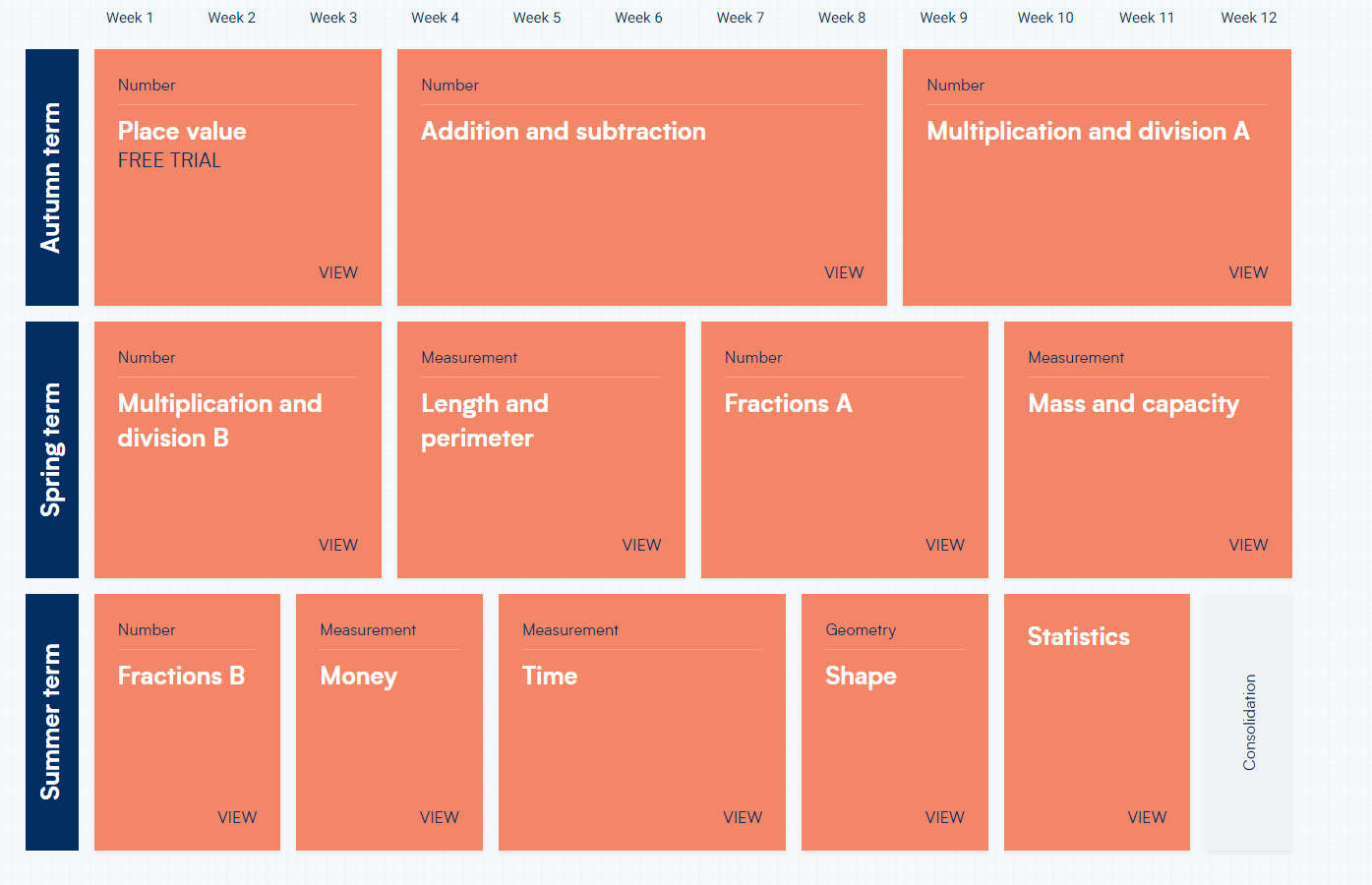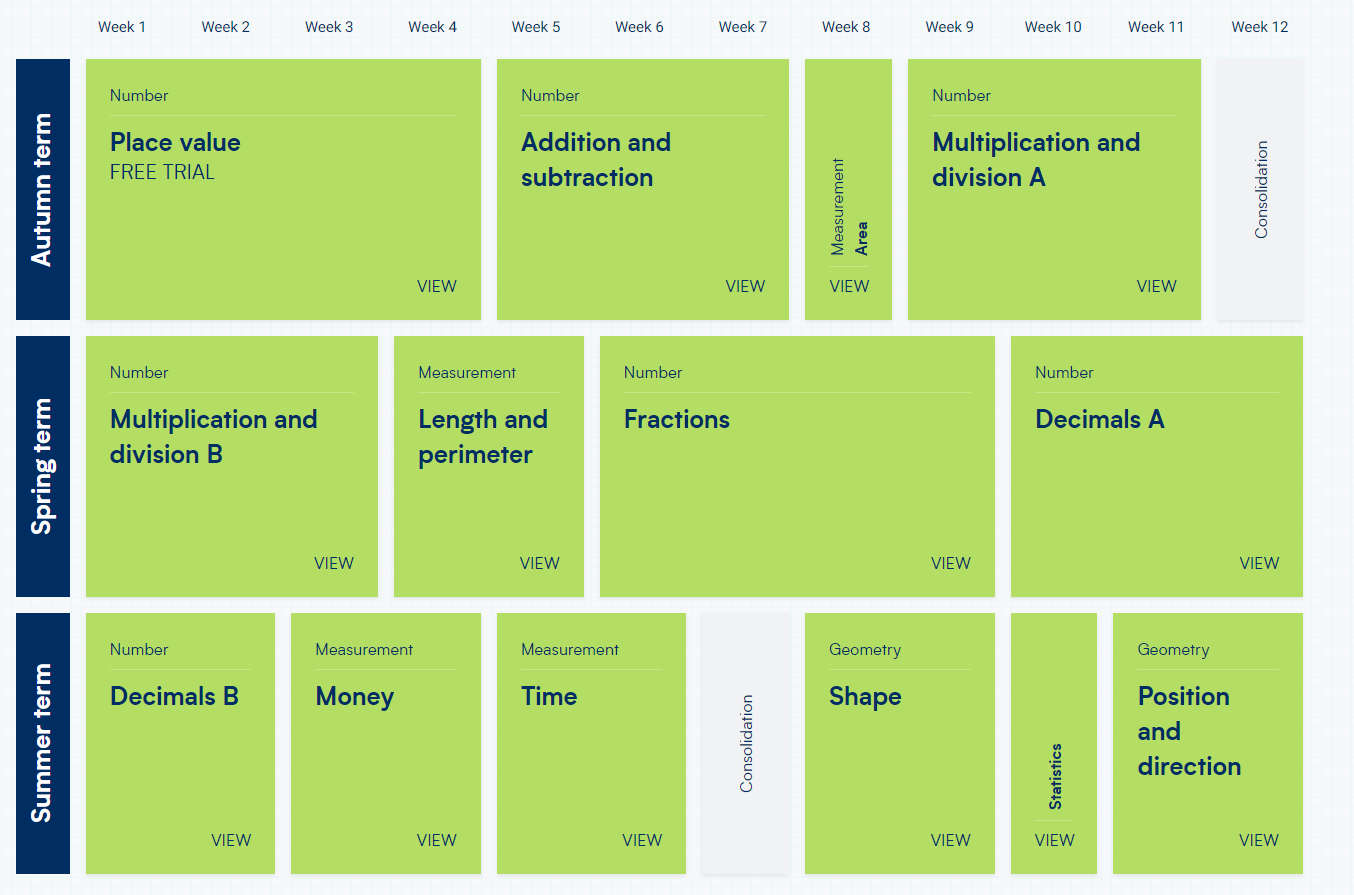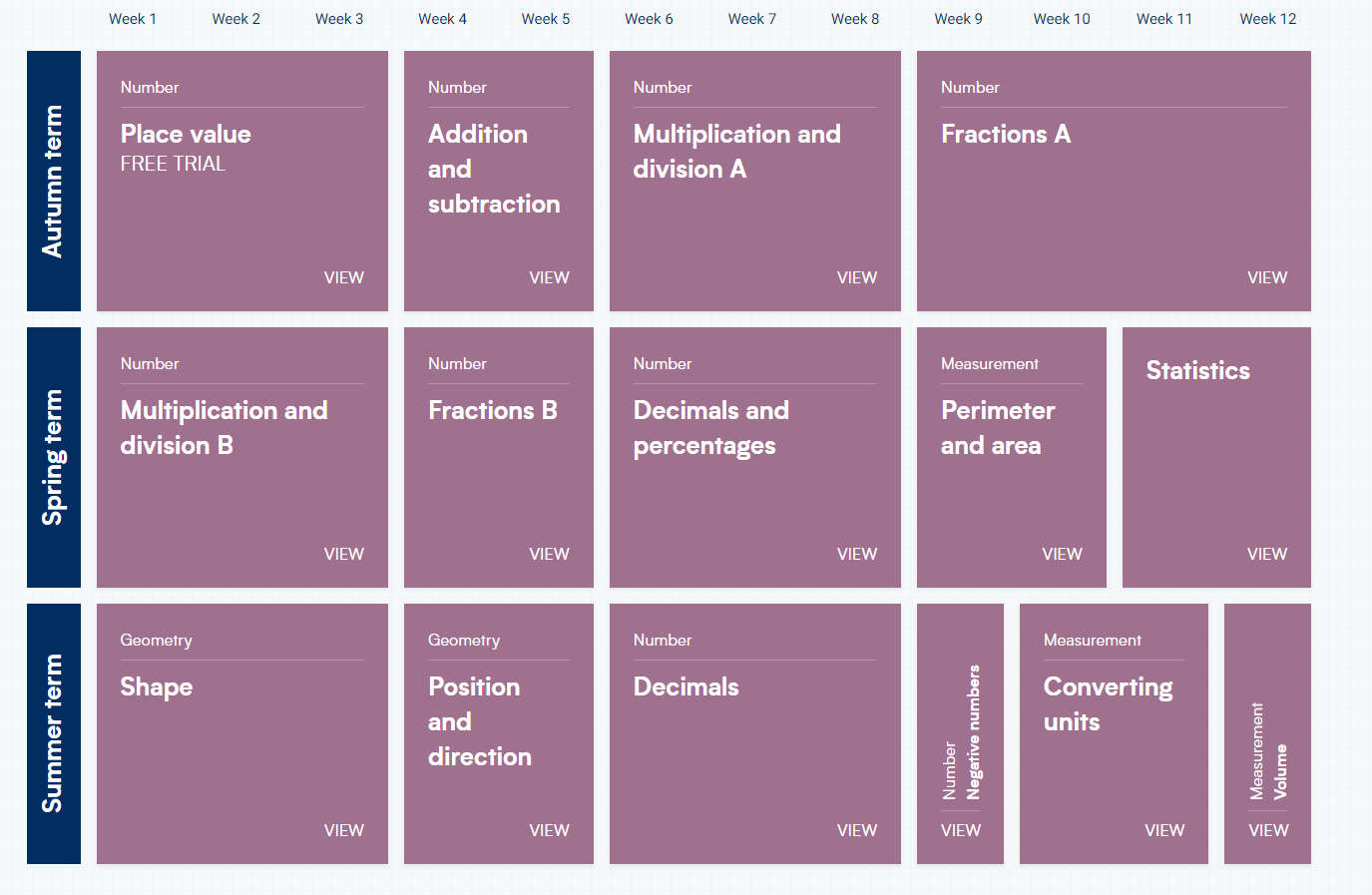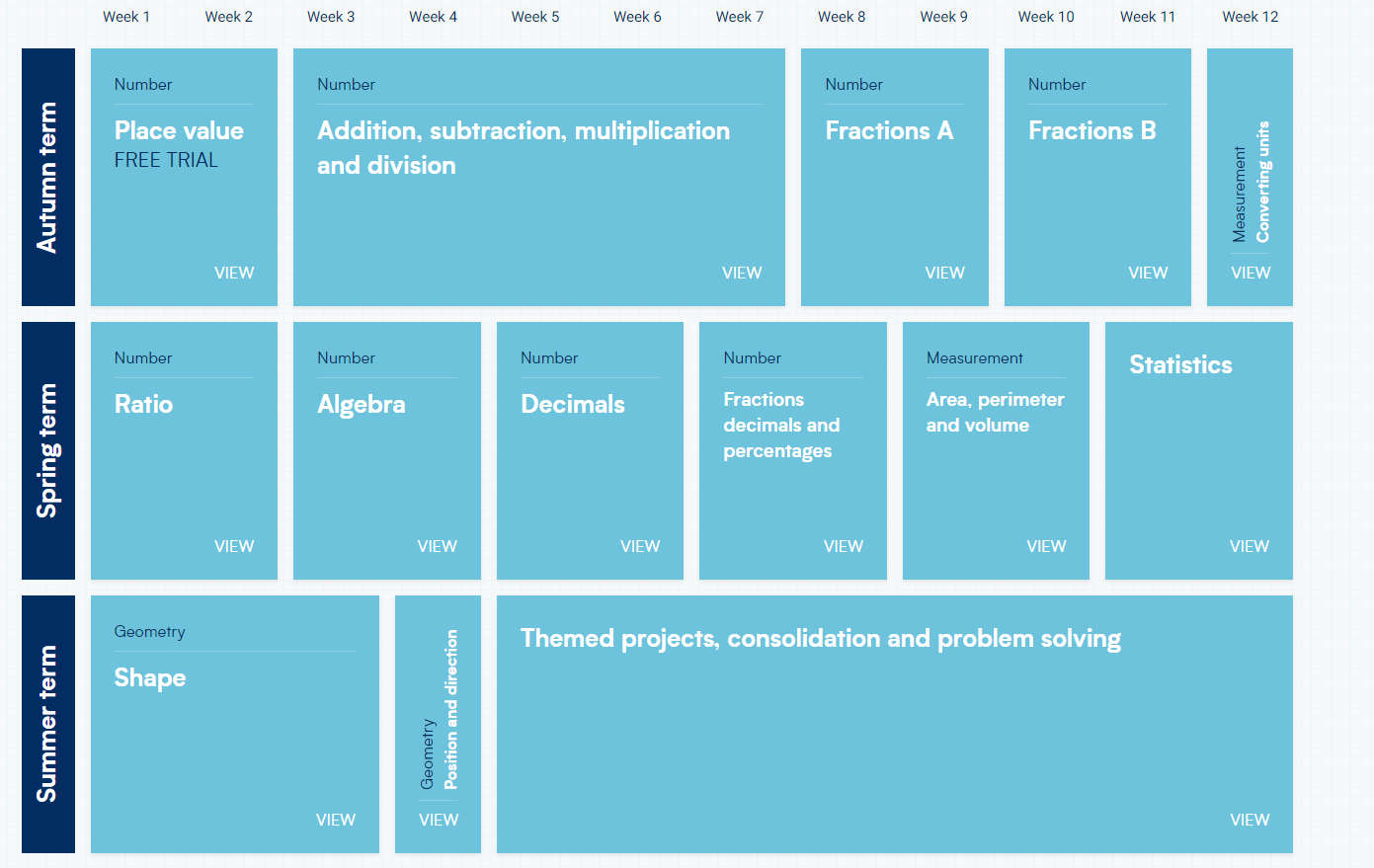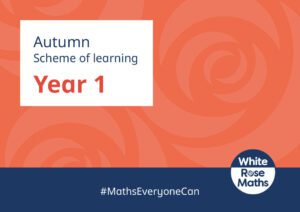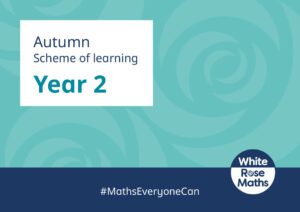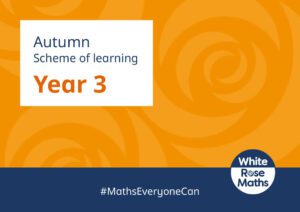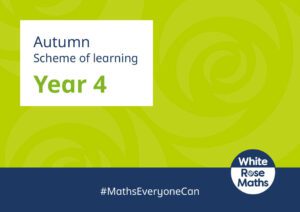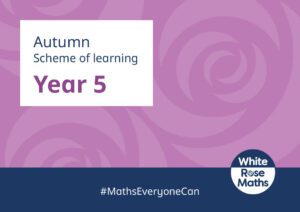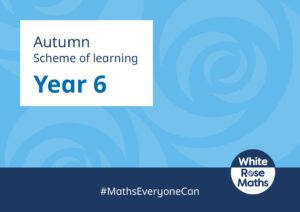Curriculum – Maths
Our vision for our Mathematics curriculum is that it is accessible to all and will maximise the development of every child’s ability and academic achievement. We deliver lessons that are creative and engaging. We want children to make rich connections across mathematical ideas to develop fluency, mathematical reasoning and competence in solving increasingly sophisticated problems.
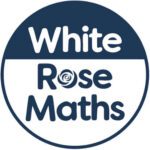
How we teach maths
What is White Rose Maths?
White Rose Maths is an organisation that provides maths resources and Schemes of Learning for pupils of all ages, from early years to secondary school. The Schemes of Learning (SOL) outline yearly frameworks that break down what children need to learn during each week of each term to master the learning objectives laid out by the National Curriculum. White Rose Maths frameworks are designed to be enjoyable, engaging and varied, to help pupils develop a love of learning and work towards mastery with differentiated resources.
But what defines White Rose Maths more than their resources and frameworks is their approach to teaching maths. At the heart of their resources and frameworks is the motto “Everyone Can Do Maths: Everyone Can!” — a slogan that we wholeheartedly agree with!
White Rose teaches children mathematical concepts through pictorial, practical and written methods in order to develop a deep understanding, confidence and competence in Maths and improve fluency. Fluency in Maths is about developing number sense and being able to choose and use the most appropriate method for the task at hand and be able to apply a skill to multiple contexts.
It uses the CPA (Concrete, Pictorial, Abstract) approach, which is a highly effective approach to teaching that develops a deep and sustainable understanding of maths in pupils.
EYS Yearly Overview
The Early Years is a crucial time in your child’s life and at Redbridge Primary School we recognise this and pride ourselves of offering a rich, varied and stimulating curriculum full of memorable experiences. Mathematical Development is concerned with an understanding of number, space and shape, measuring and patterns. It includes the skill of applying, mathematical knowledge to investigate and solve problems in practical and meaningful situation. They will start to count reliably with numbers from 1 to 20, placing them in order and say which number is one more or less than a given number.
Year 1 Yearly Overview
Year 1 will start by building on our children’s experiences from Reception. Children will be taught to count, read and write numbers to 100 in numerals; count in multiples of twos, fives and tens. Children will start to partition and recombine when adding and subtracting using concrete apparatus and then exploring pictorial presentations. Children will consolidate their knowledge of known facts – number bonds and doubling. We will also be solving real life problems for the four calculations. Children will learn more about fractions and finding a fraction of a quantity.
Year 2 Yearly Overview
As mathematicians in Year 2 the children will be counting forwards and backwards in ones, twos, fives and tens up to 100. They will start to count above 100. They will practise adding two numbers together and will begin to quickly recite the number bonds to 10,20 and 100. The children will also learn how to solve simple subtraction using concrete apparatus and pictorial representations. They will them move to a more abstract approach to solving subtractions. They will learn the features of 2D and 3D shapes and be able to name triangles, squares, rectangles, circles, hexagons, pentagons, heptagons and octagons. They will start to tell the time looking at o’clock then moving to half past, quarter past and quarter to and then five minute intervals.
Year 3 Yearly Overview
As mathematicians in Year 3 the children will be starting by consolidating their knowledge and understanding. Children will concentrate on place value using 2 and 3 digit numbers in words and numerals, order numbers up to 100 or 1000. Mental and written methods for addition and subtraction will be a focus. They will be taught more formal methods of calculations using their understanding of place value of 3-digit numbers. Children will be solving multiplication and division of two and three digit numbers. They will look at fractions of shapes and amounts of numbers and compare these fractions. Times tables will be frequently practised to sharpen quick recall of 3,4 and 8 times table, and beginning to look at the 6 and 9 times tables.
Year 4 Yearly Overview
In Year 4 children will continue to explore numbers. They will practice number bonds to 10, 100 and 1000 as well as continuing their development of times tables knowledge. They will continue to use our four rule knowledge but learn new skills linked to fractions and decimals. They will also focus on statistics, measuring and problems solving.
Year 5 Yearly Overview
In mathematics, Year 5 will begin by looking at solving practical place value problems. They will continue to work on more complex fractions work including improper fractions and mixed numbers as well as combining them with the four rules. Children will also learn about graphs, pie charts and statistics. They will apply their developing subject knowledge to solve 2 or 3 step problems.
Year 6 Yearly Overview
Year 6 children will consolidate all previous mathematical understanding. They will be specifically be focusing on large numbers and decimals, before moving on to rounding and place value problems. Using their knowledge of multiplication facts and place value, they will solve questions involving decimals. They will also recognise prime numbers as only having two factors and identifying prime numbers below 100. Children will spend time recapping and developing skills solving calculations and problems using all four operations before moving onto using fractions in multiple ways; simplifying, ordering and the use of the 4 operations with fractions.
Schemes of Learning
Click to view each Scheme of Learning in full.
> Download – our Calculation Policy 2023
> Download – our Calculation Policy EYFS

